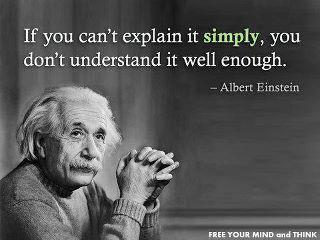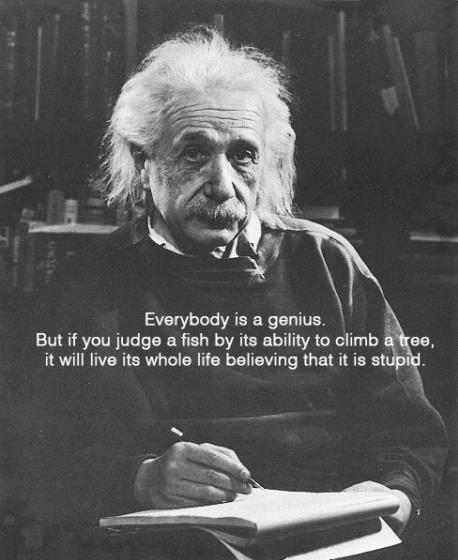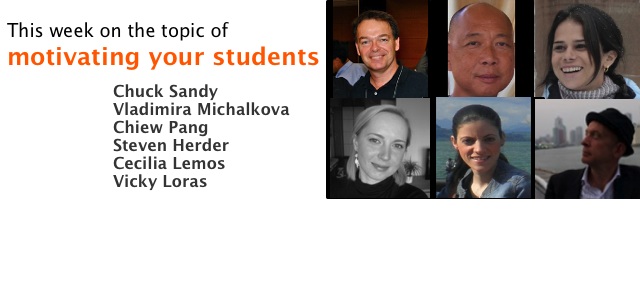A Message For Teachers By One Teacher
Motivated teachers can inspire and motivate their students – and the opposite is just as true. It’s all a part of the circle of life in education.
While it is important for us teachers to continually look for ways to motivate our students, I’ve been reminded this weekend about how empowering it is for teachers to get reinvigorated, rejuvenated, refreshed, and re-inspired by hanging around other passionate teachers. Allow me to share a brief, but timely story.
I have just spent the weekend at the Executive Board Meeting (EBM) of the Japan Association for Language Teaching (JALT) in Tokyo, Japan. As this year’s conference co-chair for the International JALT 2012 conference in October, I joined some 100 educators from all over Japan for conference planning meetings and two days of general JALT business. To be honest, I’m pretty tired from the work hard/play hard pace of the weekend; but more importantly, my motivation tank has been refilled well beyond the top. The inspirational impact that this community of teachers has on so many friends who have gotten involved at the national level is quite mysterious. I remember when I first got a glimpse of its magic.
In 2008, I took on a somewhat daunting personal challenge by volunteering to help with organizing the PR for the international conference (with my great friend, “MB”). Traveling to Tokyo in January for the first planning meeting of the year, I immediately fell in love with the teachers I met on the night before the meetings began (I’ll never forget meeting “SB, AM, CK, DT, HN, MS, AK,” et al). Collectively, they oozed wisdom, experience, passion, maturity, generosity, openness and some of the warmest and genuine smiles I had ever seen among teachers in Japan. It was blatantly obvious how happy they all were to be together and how they all fed off the synergy of the group. I felt “home” among teachers like I never had before. Again, this weekend, I came home feeling motivated and somewhat blessed to be a teacher. This feeling was nurtured through a series of meetings and social events.
The meetings were polite, professional and productive. Enough said.
The social aspects of the weekend were… well, priceless. Over two days, I spoke to dozens of people over coffee breaks, lunch, a stand-up dinner buffet and an evening trip into Shinjuku with some of my adventurous comrades.
I’d like to offer just a glimpse of the range of discussions that were happening:
Raising bilingual children – fathers both younger and older shared challenges and wisdom from the ongoing battle to equip our children with a fair balance of English and Japanese language ability.
Writing a book – a few of us brainstormed ideas to write a book reflecting our similar deepening understanding of the classroom experience of EFL students.
Doing a PhD – In Japan, many, many teachers now have an MA degree. So, if you want to get ahead, you need to do a PhD or the Doctor of Education degree (Ed.D. or D.Ed.) and a bunch of young teachers (mid-30’s) who I spoke with are now doing one. It is great for them and scary for the rest of us who remain on the fence.
Collaborating on writing projects – I found two other teachers who love teaching writing as much as I do. We shared our best experiences and so many common approaches that we are now looking for ways to collaborate on either research or a writing project together.
There were a number of other discussions as well. Of course, different people talked about different things, and I’m sure everyone found topics that matched wherever they are in their own teaching journey. Some other discussions that I don’t have space to go into include: Colleague’s new projects; Speaking opportunities over the summer; Balancing curriculum with student needs; The EFL context in Japan, and various hopes and dreams for the future.
So, I hope you can see what happens when you put a whole bunch of active teachers together, people who are willing to step up and give their time and effort to not only developing themselves, but also developing the education industry as a whole…
Overall, it is a pretty motivating experience.
For any of our readers who have yet to take a chance and get involved beyond their immediate teaching context, can you share any of your stories about being motivated by other teachers?











